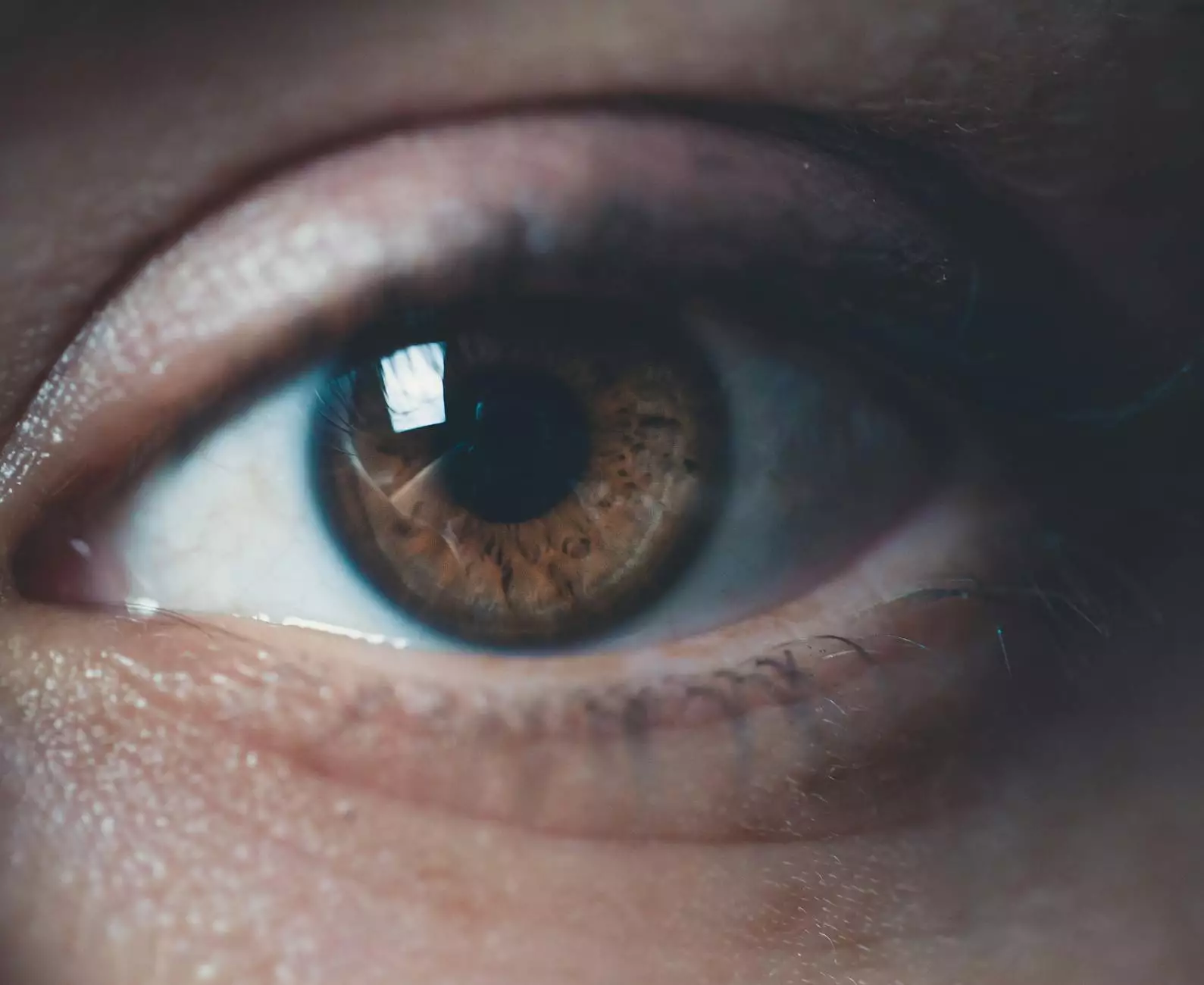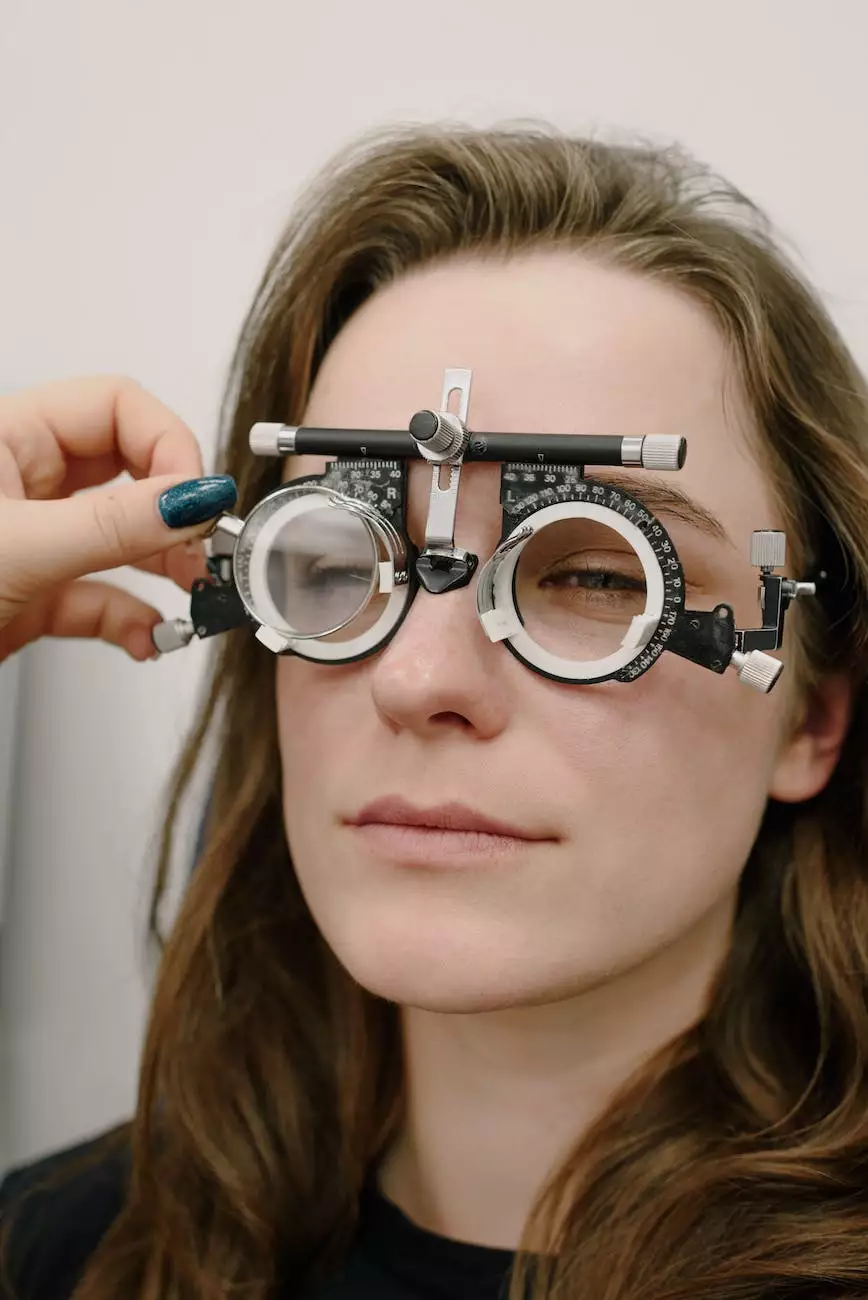Spots in Vision/Floaters
Blog
Understanding Spots in Vision and Floaters
Welcome to Baron Rick W Dr's page on Spots in Vision/Floaters. In this comprehensive guide, we aim to provide you with in-depth information on this visual condition that affects many individuals. We will discuss the causes, symptoms, and available treatments to help you better understand and manage this condition.
What are Spots in Vision and Floaters?
Spots in vision, commonly known as floaters, are small, dark specks or strings that seem to float across our field of vision. They may appear as black or gray dots, cobwebs, or squiggly lines. These floaters are most noticeable when looking at a bright background, such as a clear sky or a white wall.
Causes of Spots in Vision/Floaters
Floaters occur when the vitreous, a gel-like substance that fills the back of our eyes, starts to break down and become more liquid. As a result, tiny clumps of collagen fibers form within the vitreous, casting shadows on the retina, which leads to the perception of floaters.
Symptoms and Diagnosing Floaters
The most common symptom of floaters is the visual perception of dark spots or thread-like strands that move with eye movements. While floaters are often harmless and tend to decrease over time, they can sometimes be accompanied by other symptoms, such as flashes of light or sudden onset of multiple floaters.
If you notice a sudden increase in floaters or experience accompanying symptoms, it is crucial to consult with an eye specialist, such as Baron Rick W Dr. They will perform a comprehensive eye examination, including dilating your pupils, to assess the severity and underlying cause of your floaters.
Treatment Options for Spots in Vision/Floaters
In most cases, floaters do not require specific treatment and tend to become less bothersome over time. However, if floaters significantly hamper your vision or quality of life, Baron Rick W Dr may recommend some treatment options, such as:
- Vitreolysis: This laser treatment can be used to break apart larger floaters, making them less noticeable.
- Vitrectomy: In severe cases, where floaters cause significant vision impairment, a surgical procedure called vitrectomy may be considered. During this procedure, the vitreous gel is removed and replaced with a clear solution.
- Observation: Baron Rick W Dr might suggest monitoring your floaters and only intervening if they worsen or new symptoms appear.
Prevention Tips for Spots in Vision/Floaters
Although there is no foolproof way to prevent floaters, certain lifestyle choices and habits may help minimize their occurrence or severity:
- Protect Your Eyes: Wear protective eyewear, such as safety goggles, when engaging in activities that pose a risk of eye injury.
- Maintain a Healthy Lifestyle: Eat a balanced diet rich in antioxidants, maintain a healthy weight, and manage chronic conditions like diabetes or high blood pressure.
- Avoid Smoking: Smoking damages blood vessels, potentially impacting the health of your eyes.
- Regular Eye Exams: Schedule routine eye examinations with Baron Rick W Dr to detect any early signs of eye conditions.
Conclusion
Spots in vision or floaters are a common visual condition that can be quite bothersome for some individuals. While they are typically harmless, it is essential to understand their causes, symptoms, and available treatment options. If you are experiencing concerning or worsening floaters, consult with an eye specialist like Baron Rick W Dr for a thorough evaluation and appropriate guidance.




